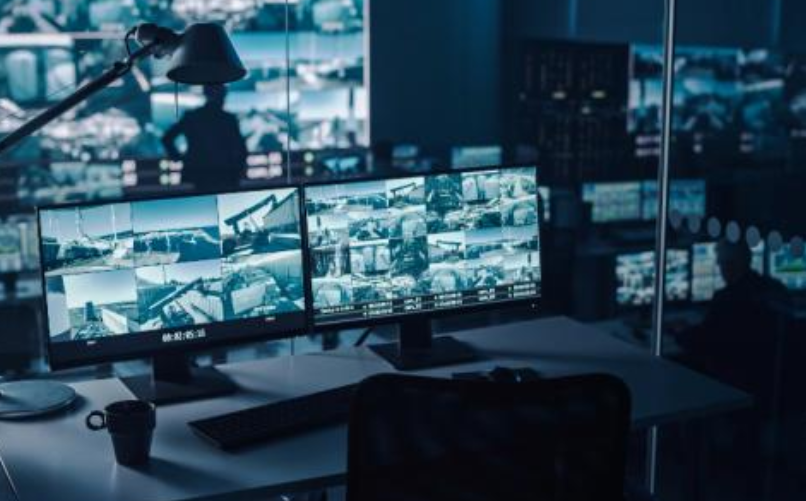by Joseph Lawrence, Activist Post:

It’s a well-known fact at this point that in the United States and most of the so-called free countries that there is a robust surveillance state in place, collecting data on the entire populace. This has been proven beyond a shadow of a doubt by people like Edward Snowden, a National Security Agency (NSA) whistleblower who exposed that the NSA was conducting mass surveillance on US citizens and the world as a whole.
TRUTH LIVES on at https://sgtreport.tv/
The NSA used applications like those from Prism Systems to piggyback on corporations and the data collection their users had agreed to in the terms of service. Google would scan all emails sent to a Gmail address to use for personalized advertising. The government then went to these companies and demanded the data, and this is what makes the surveillance state so interesting. Neo-Marxists like Shoshana Zuboff have dubbed this “surveillance capitalism.”
In China, the mass surveillance is conducted at a loss. Setting up closed-circuit television cameras and hiring government workers to be a mandatory editorial staff for blogs and social media can get quite expensive. But if you parasitically leech off a profitable business practice it means that the surveillance state will turn a profit, which is a great asset and an even greater weakness for the system.
You see, when that is what your surveillance state is predicated on you’ve effectively given your subjects an opt-out button. They stop using services that spy on them. There is software and online services that are called “open source,” which refers to software whose code is publicly available and can be viewed by anyone so that you can see exactly what that software does. The opposite of this, and what you’re likely already familiar with, is proprietary software. Open-source software generally markets itself as privacy respecting and doesn’t participate in data collection. Services like that can really undo the tricky situation we’ve found ourselves in.
It’s a simple fact of life that when the government is given a power—whether that be to regulate, surveil, tax, or plunder—it is nigh impossible to wrestle it away from the state outside somehow disposing of the state entirely. This is why the issue of undoing mass surveillance is of the utmost importance. If the government has the power to spy on its populace, it will.



